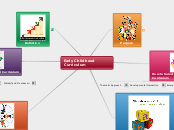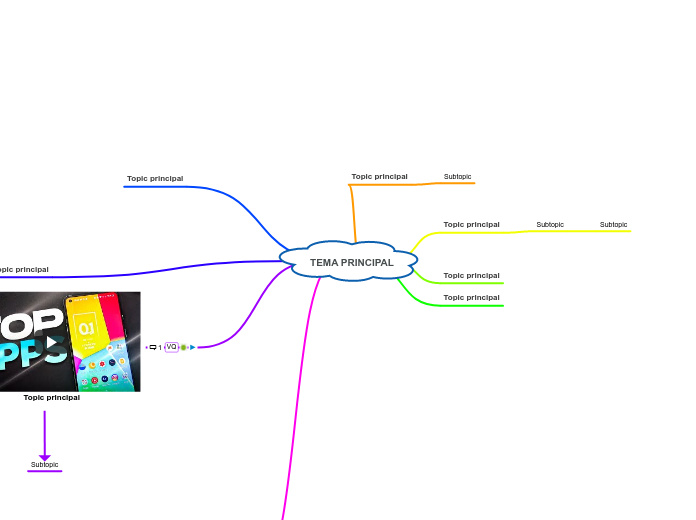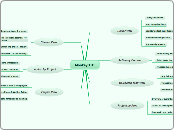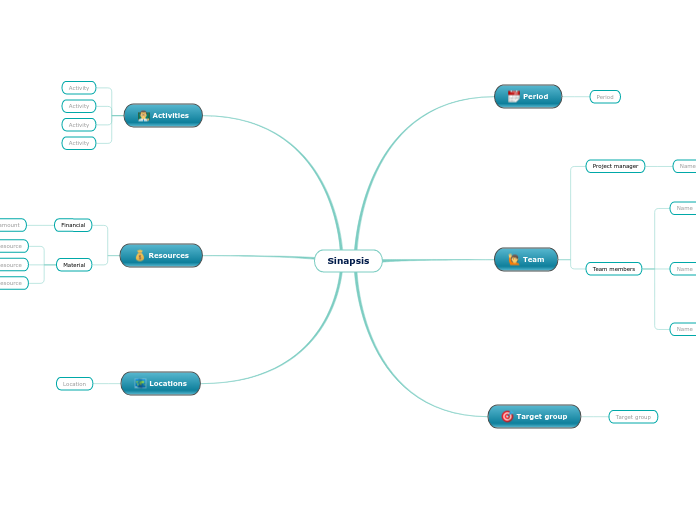Early Childhood Curriculum
Two Theories of Development
Constructivist
Believe that children develop an understanding based upon their interactions with people and the environment.
Curriculum developed under this model is called child centered.
Piaget Model
Knowledge has to be constructed through thinking about experiences they have in their lifetime.
Sociocultural Theory
Developed by Lev Semenovich Vygotsky. He believed that relationships were most important in the development of children. Knowledge is created through interactions with others which is important in understanding the processes of development.
Issues with Constructivist Model
Beliefs are that this model does not prepare students for later schooling with emphasis on reading and numbers. Cheats children of learning opportunity only to place educationally at risk children further behind.
Behaviorist
Learning abilities are the same for individuals regardless of age. Environmental factors are the driving force for behaviors. These factors can be changed by using scientific conditioning and specifically in educational settings by the use of rewards.
Academic Direct Instruction
Children must learn as efficiently as possible and curriculum should originate from adults focusing on specific subject matter. The ability to follow rules and behavioral conformity are important for school success under this model.
Issues with Behaviorist Model
Goes against what is already known about how children learn. Teaches un-neccessary content that can potentially destroy a child's willingness and eagerness to learn.
Roots of Early Childhood Curriculum
Waldorf and Montessori
Programs focused on matching the curriculum to the developmental age of the child with emphasis on respectful relationships, hands on learning, and child initiated activities.
The Nursery School
This model followed principles of behaviorist John Watson. focus was to teach children proper habits of hand washing, dressing and eating.
Most nursery school educators followed the psychoanalytic theory which encouraged children's self expression through free play, finger painting, stories, music and dance.
The Kindergarten
program designed on basis of play based curriculum by using "gifts" and "occupations"
Modeled after German program designer Friedrich Froebel.
Definition
Specific activities or lessons used to illicit desired outcomes for the learning and development of children.
Programs for children at Risk for School Failure
Head Start
Developed from the idea that many poor children did not have successful school experiences. Curriculum followed psycho analytical model of the nursery school.
How to Select Early Childhood Curriculum
The Project Approach
Focuses on topic investigations by children in the classroom. The purpose is to learn about the project and topic as opposed to getting the answers from the teacher.
The Reggio Emilia Approach
Teachers base projects from the observations and dialogues amongst each other, students and their families.
Emergent Curriculum
Directed towards children based upon their understanding of learning and interests. Teachers plans are changed based upon the change of interest of the child.
Developmental Interaction
Teacher specifically chooses topic, but choice is made based upon the children's community and learning potential of the topic. Focus is to teach learning through real world experiences.
Thematic Approach
Traditional; theme related materials selected by a teacher for a series of activities usually over a week span.
Criticized due to the topics being chosen without the interest of the child in mind. Also may not offer children the opportunity for direct experience with the topic.
Purpose
1. To preserve values and insights from discipline and knowledge.
2. Provide specific learning outcomes and behaviors that allow students to succeed in their future.
3. Teach children to become socially prepared and lifelong learners.
4. To create children to grow up to become productive in society.









